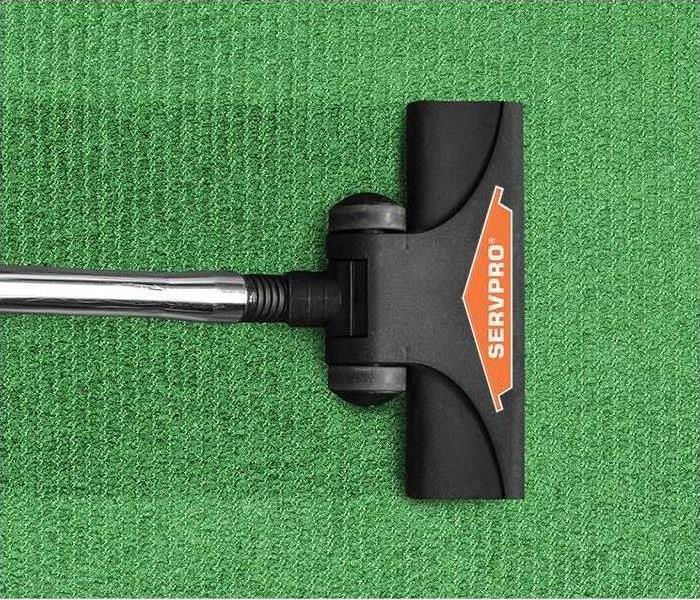Liverpool Homeowners Turn to SERVPRO After Flood Damage
1/27/2022 (Permalink)
Need Help Dealing With Flood Damage After a Storm in Liverpool? Call SERVPRO
Water damage due to storms poses a significant challenge to the restorers as the water is often dirty and contaminated. Professionals like SERVPRO understand the importance of safety during flood damage restoration in Liverpool homes.
SERVPRO techs often need to use professional decontamination products while restoring flood damage to Liverpool homes. The products are useful to eliminate the contaminants and prevent their growth in the floodwater. SERVPRO techs use several antimicrobial agents to accomplish this:
- Phenolics
- Chlorines
- Quaternary ammonium compounds
- Botanicals
Agents that kill or destroy living organisms are called '-cides' while those that inhibit their growth are called '-stats.' So, a bactericide is an agent that kills bacteria, while a fungistat is an agent which prevents growth of fungi.
What Are Some Plant-Based Disinfectants That SERVPRO Techs Use During Flood Restoration in Liverpool?
Disinfectant agents derived from plant sources are called botanicals. SERVPRO uses quite a few botanicals in managing contaminated floodwater in Liverpool. Most botanicals contain essential oils like thyme oil and organic acids like citric acid.
As botanicals are derived from plants, they are much less harsh than chemicals. Another advantage of botanicals is that these agents are gentler on various surfaces, making them suitable to disinfect a wide variety of materials. Think Green.
When Do SERVPRO Techs Apply Professional Disinfection Products?
According to the IICRC, disinfecting agents are efficient only after using proper techniques to promote rapid drying and contaminated material is completely removed. Hence, SERVPRO techs never rely on professional products as the only means to control contamination. We always ensure that robust drying methods are in place before applying chemicals.
If you need to discuss your restoration needs, call SERVPRO of North Onondaga County at (315) 457-3432.






 24/7 Emergency Service
24/7 Emergency Service
